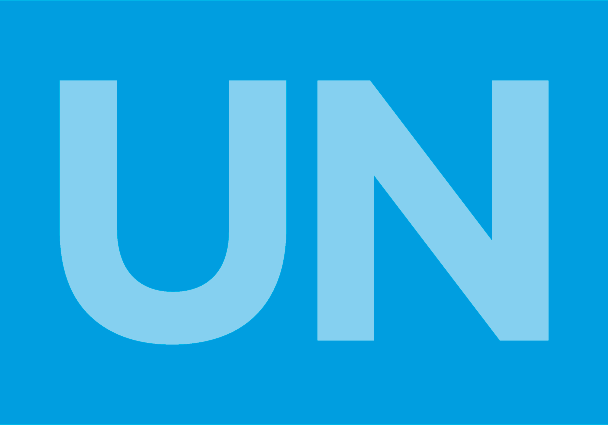The ICJ called on states to address urgent and chronic human rights problems around the world and to overcome repeated attempts to reduce the effectiveness of the Human Rights Council.
“Over the first year of the Human Rights Council most governments have sought to substantially weaken the tools the Council needs to address human rights violations effectively, have acquiesced in these moves, or failed to work together to ensure this global human rights body is strengthened”, said Nicholas Howen, ICJ’s Secretary-General.
“The former Commission on Human Rights suffered from the double standards of many governments. However, I believe the appropriate remedy is not to cut down the human rights machinery, but rather to strengthen the system and ensure it holds all states equally accountable, including states in the north”, commented the Secretary-General.
The ICJ urged states that wish to see an effective Council to break out of restrictive regional or other blocks and work together across continents to turn the potential of the Council into an institution of meaningful human rights protection.
“With sufficient political will I believe states can build on the new mechanisms and procedures and ensure the Council plays a leading role in tackling urgent and chronic human rights problems facing the world”, said the Secretary-General.
The Council was established in April 2006 by the General Assembly to build upon the strengths and overcome the weaknesses of its predecessor, the UN Commission on Human Rights.
“The question is whether states have fulfilled the mandate they received from the General Assembly to improve on the former Human Rights Commission,” said the Secretary-General.
“The year-long negotiations averted several of the most disturbing proposals to weaken the Council and do open up some new opportunities that states could build on in the coming years to strengthen protection. But overall the negotiations have not produced major improvements or advances”, concluded the Secretary-General.
Among the structures and machinery put in place this week is the Universal Periodic Review (UPR), a procedure under which the Council will review the human rights record of all UN member states every four years. The ICJ believes the UPR could and should bring a degree of equal accountability to all states, including those that otherwise evade scrutiny by the United Nations. However, states will need to make sure that expert and other independent views substantially guide the assessment so that the evaluation and conclusions are not merely the result of political horse-trading between states. It is unfortunate that NGOs will not be allowed to speak during the UPR debate and that rather than independent and impartial experts a group of states will prepare the questions to be put to the state under review and the conclusions.
Throughout the last year there have been consistent attempts to undermine the 41 country and thematic experts that make up the highly effective system known as Special Procedures. The ICJ therefore welcomes that the overall system of country and thematic Special Procedures has survived after protracted negotiations, although in a compromise to save other mandates two country mandates, on Belarus and Cuba, were dropped for political reasons rather than because of a human rights assessment. The future of every mandate is also still to be decided in the coming months and there are likely to be renewed attemtps to blunt the system. Furthermore, the adoption of a Code of Conduct governing the way these experts operate, weakens their ability to carry out their work swiftly and effectively and to be guided only by the nature of the human rights issues or situations they are mandated to tackle. Most importantly, the Code fails to set out the duties of states to cooperate with these Special Procedures in relation to country visits, communications about human rights situations and implementation of recommendations.
The flexible yet predictable Agenda for the Council will allow all important country and thematic issues to be aired and acted on. The ICJ considers it is vitally important that the Council deals robustly and continuously with the grave human rights situation in the Occupied Palestinian Territory (OPT). However, the creation of a separate agenda item on the OPT as a means to achieving this does not help the credibility of the Council, as it is the only situation in the world for which this has been done.
Although the former Sub-Commission on the Promotion and Protection of Human Rights often lacked sufficient independent or expert members, it was the genesis of many of today’s essential human rights standards and Special Procedures. This week it was transformed into a new think-tank, the Human Rights Council Advisory Committee. The provisions requiring its elected members to be independent have been marginally strengthened, but the length of its annual meeting time and its right of initiative have been severely curtailed.
The Human Rights Council was also mandated to create a new complaints procedure, yet decided essentially to recycle the former, very weak “1503 procedure”, with some minor improvements including the fact that complainants will be kept informed about the progress of their complaint, and in each case the deliberations process will be completed within 24 months. Unfortunately, the procedure retains the requirement that no one can complain unless all domestic remedies have been exhausted, a limitation that is only appropriate for a more judicial or quasi-judicial procedure.





